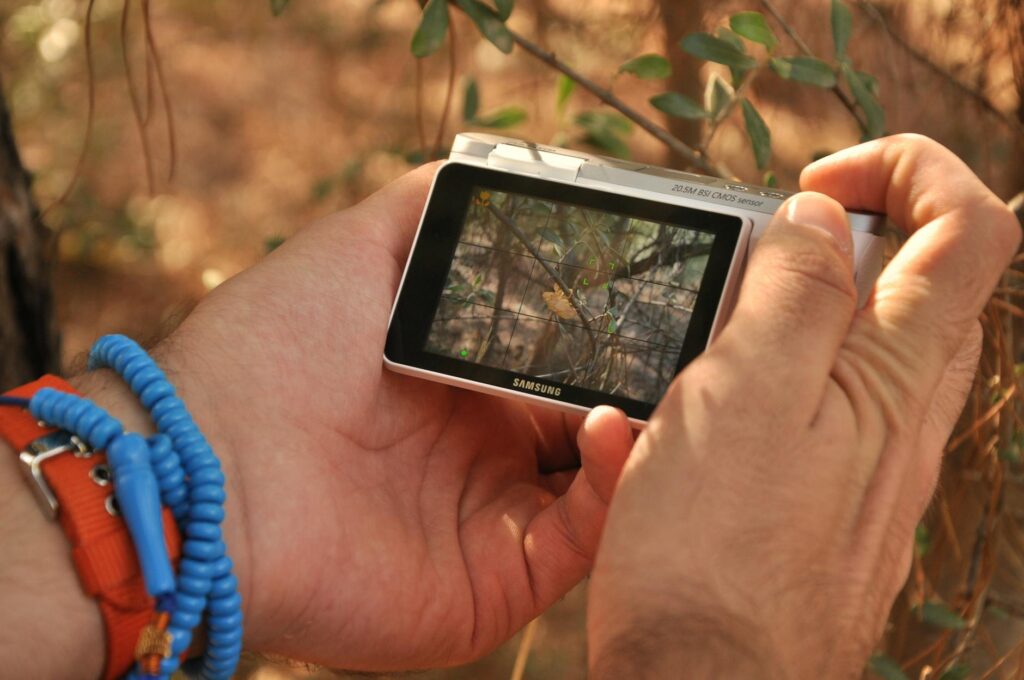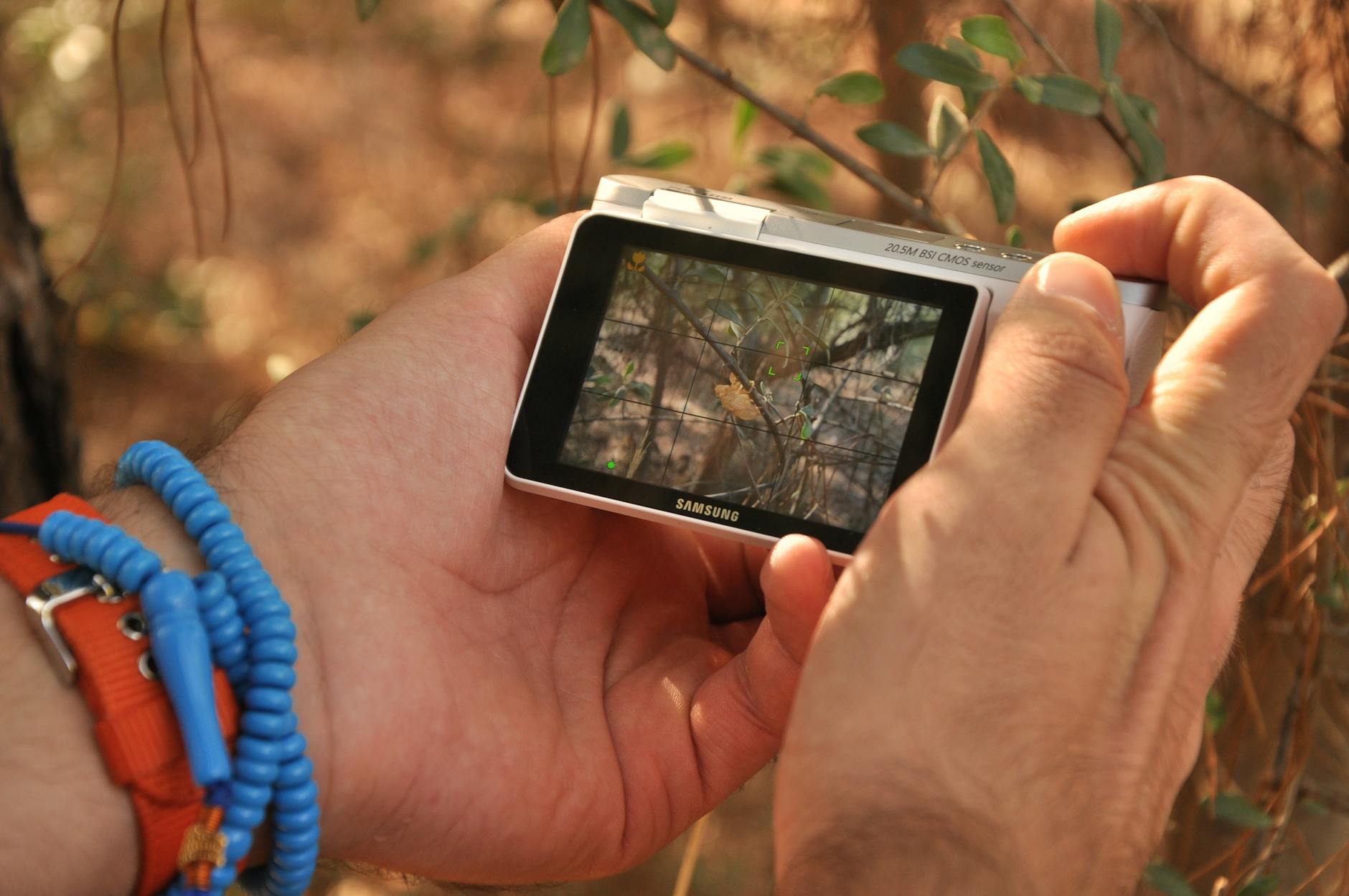What is hobby exploration?

What is hobby exploration?
Hobby exploration is a journey that many embark on to discover new interests, skills, and forms of self-expression. In a world where work often consumes much of our time, finding hobbies can significantly enhance our work-life balance and contribute to personal development. By exploring different hobbies, we not only enrich our lives but also unlock pathways to creativity, relaxation, and social connections.
Understanding Hobby Exploration
The Definition of Hobby Exploration
Hobby exploration refers to the active process of discovering and trying out various leisure activities. It’s not just about finding something to fill your free time; it’s about engaging with different experiences that can lead to personal growth and fulfillment. From painting to hiking, gardening to coding, the options are nearly endless. The core purpose is to enhance your life by investing time in activities that bring joy and satisfaction.
Why Hobby Exploration Matters
Why should you consider hobby exploration? Engaging in new hobbies can lead to profound personal growth. It allows you to step outside your comfort zone and challenge yourself. This exploration can result in improved skills, expanded knowledge, and increased social interaction. Moreover, it can foster a sense of fulfillment that often eludes us in our daily routines. As you discover new interests, you’ll likely find renewed passion and enthusiasm for life.
Benefits of Engaging in Hobby Exploration
Boosting Creativity and Innovation
One of the most significant benefits of exploring hobbies is the boost in creativity. When you immerse yourself in artistic pursuits or hands-on activities, you encourage your brain to think differently. This shift can lead to innovative ideas in other areas of your life, including your career. For instance, a study highlighted in Harvard Health shows that engaging in hobbies correlates with greater happiness and well-being.
Enhancing Time Management Skills
Balancing multiple interests and responsibilities can often lead to improved time management skills. As you juggle hobbies with work and personal commitments, you’ll learn to prioritize and allocate your time more effectively. This skill can translate into increased productivity in your professional life. By setting aside time for your hobbies, you create a structured approach to your daily schedule, making it easier to manage tasks.
Improving Mental Health and Well-being
Studies consistently show that hobbies contribute positively to mental health. Engaging in activities you love can reduce stress, anxiety, and depression. According to WebMD, having a hobby can lead to improved mental health and a greater sense of happiness. Whether it’s playing an instrument, gardening, or crafting, these activities allow you to escape from daily pressures and focus on something enjoyable.

Photo by çer Çöp
How to Start Your Hobby Exploration Journey
Identifying Interests and Passions
The first step in hobby exploration is identifying what interests and excites you. Consider what activities you enjoyed as a child or what you’ve always wanted to try. Journaling your thoughts or engaging in conversations with friends about their hobbies can provide insight. Websites like WikiHow offer great guidance on discovering new hobbies that might resonate with you.
Setting Realistic Goals for Exploration
Once you’ve identified potential hobbies, it’s essential to set realistic goals. Start small and be specific. Instead of deciding to “learn guitar,” aim for “practice guitar for 30 minutes twice a week.” Setting achievable goals will help you maintain motivation and see progress over time. Celebrate small victories along the way, as they will keep you engaged in your exploration.
Finding Resources and Communities
Connecting with communities related to your interests can enhance your hobby exploration. Look for local clubs, online forums, or classes where you can meet like-minded individuals. Websites such as Reddit’s Hobbies Community provide a platform to share experiences, ask questions, and find inspiration. These connections can lead to new friendships and make your hobby journey more enjoyable.
Challenges in Hobby Exploration and How to Overcome Them
Overcoming Time Constraints
One of the biggest hurdles in hobby exploration is finding time in a busy schedule. To tackle this, consider block scheduling—dedicating specific time slots in your calendar for your hobbies. Even short bursts of time can be effective; 15-30 minutes can make a big difference. Prioritize hobbies just as you would any other important task.
Dealing with Fear of the Unknown
Trying new activities can sometimes induce anxiety. It’s normal to feel nervous about stepping into unfamiliar territory. Remember, everyone starts as a beginner. Embrace that learning curve and remind yourself that the goal of hobby exploration is enjoyment, not perfection. Start by trying low-pressure activities that give you room to learn and grow without the fear of judgment.
Conclusion
Hobby exploration is more than just a way to pass the time; it’s a vital aspect of personal development. It enriches our lives, fosters creativity, and improves our mental well-being. So, why not take the plunge? Begin your journey of hobby exploration and discover new passions today. Whether it’s painting, hiking, or learning a new language, the possibilities are endless. Embrace the journey, and you may find it leads to unexpected joys and fulfillment.